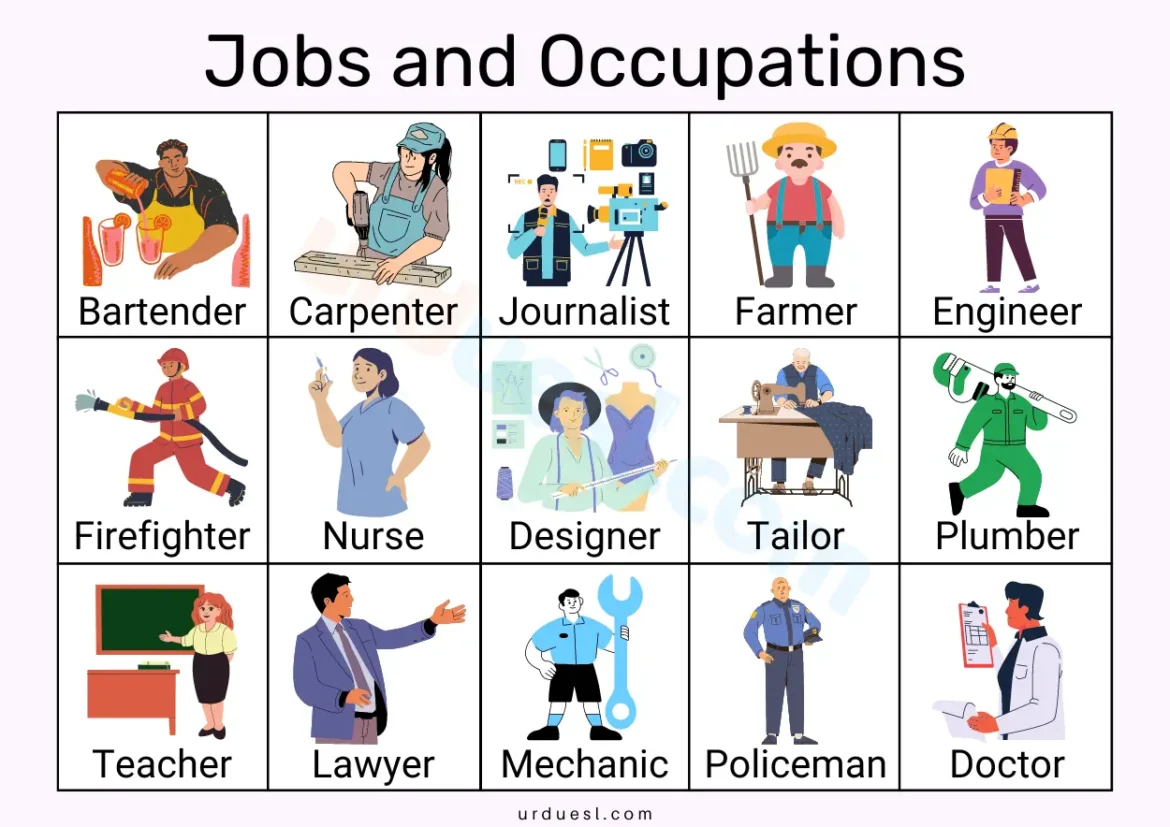The occupation of the West Bank is not merely a geopolitical dilemma but rather a multifaceted issue steeped in historical, moral, and religious implications. The intertwining narratives of identity and survival inform the discourse surrounding this region today. Is it conceivable to view this contentious conflict through the lens of Christian ethics? How does international law interact with the lived realities of the people caught in this struggle? These questions present not just intellectual challenges but also moral crossroads for individuals and communities engaged in seeking peace and justice.
To appreciate the gravity of the situation in the West Bank, it is essential to grasp the historical context. The territory has been at the epicenter of conflict since before the establishment of Israel in 1948. Post-1967, after the Six-Day War, the Israeli government has maintained control over significant portions of the West Bank under the auspices of security and territorial integrity. However, the international community often disputes this control. United Nations resolutions emphasize the importance of self-determination for Palestinians and recognize the West Bank, including East Jerusalem, as occupied territory.
International law plays a pivotal role in this discourse. The Fourth Geneva Convention, established to protect civilian populations in times of war, explicitly prohibits the transfer of an occupying power’s civilian population into the territory it occupies. From a legal perspective, the expansion of settlements in these regions raises profound ethical questions, particularly concerning the rights of those displaced. In the Christian tradition, the principle of stewardship calls for the responsible care of creation and one’s neighbor. This ethical imperative begs the question: do current policies promote goodwill and peace among neighbors, or do they sow seeds of division and despair?
The potential for conflict escalation remains palpable. The West Bank is home to over 2.7 million Palestinians and numerous Israeli settlements. The juxtaposition of these communities creates a fertile ground for tension. From a Christian perspective, how should individuals grapple with the realities of occupation and settlement expansion? The call for justice resonates deeply within Christian ethics. The biblical mandate to love one’s neighbor as oneself transcends cultural and national boundaries, urging believers to advocate for those marginalized by oppressive systems.
Exploring the religious implications of the occupation adds another layer of complexity. Many Christians regard the Holy Land as a sacred space, pivotal to the narratives of faith. The presence of Christians in the West Bank, though dwindling, is a testament to the historical and spiritual significance of the region. Their plight compels the global Christian community to reflect on their role in fostering reconciliation and peace. Yet, when confronted with the realities of occupation, one must ponder whether the actions taken align with the call to be peacemakers.
Resistance to the occupation manifests in various forms, from peaceful protests to armed struggle. The challenge lies in discerning the nature and means of resistance that align with ethical principles. Individuals face the daunting task of navigating this landscape while adhering to their convictions. Should they engage in nonviolent resistance, which echoes the teachings of Jesus, or pursue more militant avenues that often yield discord and suffering? This moral quandary challenges the Christian community to advocate for solutions rooted in love and justice rather than retribution.
As conversations about the occupation evolve, the role of the international community becomes increasingly salient. Various countries and organizations have attempted to broker peace, yet the road to resolution remains fraught with obstacles. The U.S. and European nations often espouse ideals of democracy and human rights; however, their foreign policies may sometimes contradict these principles when dealing with the Israeli-Palestinian conflict. Can Christians advocate for a more just international stance that encourages dialogue over violence? The pursuit of diplomacy, underpinned by empathy and understanding, must challenge the status quo.
The plight of refugees, particularly those displaced during the conflict, reveals another pressing issue. Many Palestinians living in refugee camps endure difficult living conditions, separated from their ancestral lands. theological implications of exile resonate profoundly in Christian thought, where redemption and return underpin the narratives of both the Old and New Testaments. The call for restorative justice echoes loudly for those in positions to intervene. How can the Christian faith lead the way toward meaningful reparations and healing for all affected by the occupation?
Moreover, the existential fears that plague both Palestinians and Israelis must not be overlooked. The wall separating the territories, often viewed as a necessary security measure by some, serves as a poignant reminder of divided lives. Both peoples confront uncertainties daily, longing for safety and stability. In light of this, how might Christians foster relationships that transcend boundaries? Is there a Christian witness to be forged in the shared experiences of fear and longing for peace?
In conclusion, contemplating the occupation of the West Bank demands an amalgamation of historical awareness, legal understanding, and ethical reflection. It invites Christians to engage deeply with both scripture and contemporary reality. The call to seek peace remains vital; a commitment to justice, reconciliation, and empathy must permeate the dialogue surrounding this complex conflict. Maybe the real challenge lies not in the disagreement over land but in our willingness to listen, learn, and love in a divided world. The path towards resolution beckons, offering hope amidst despair.



